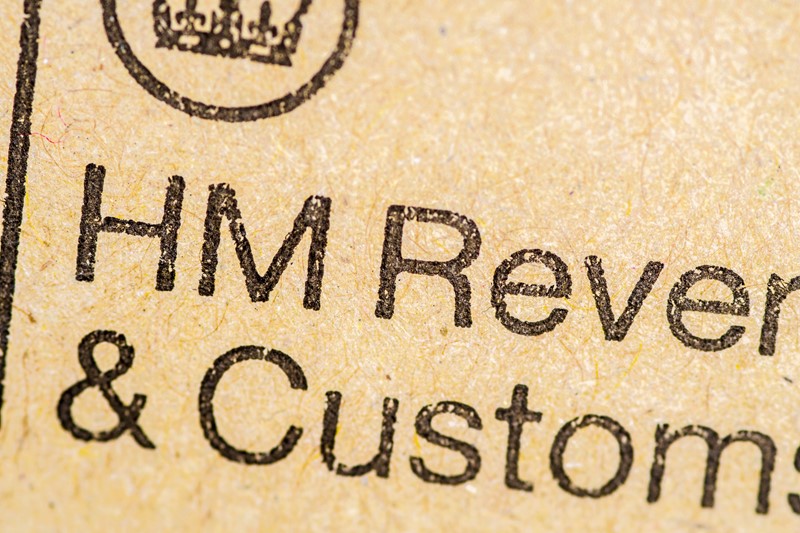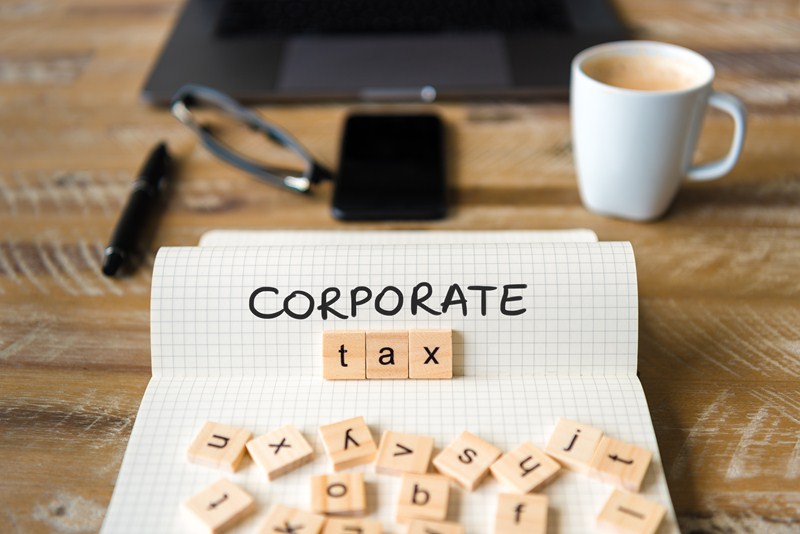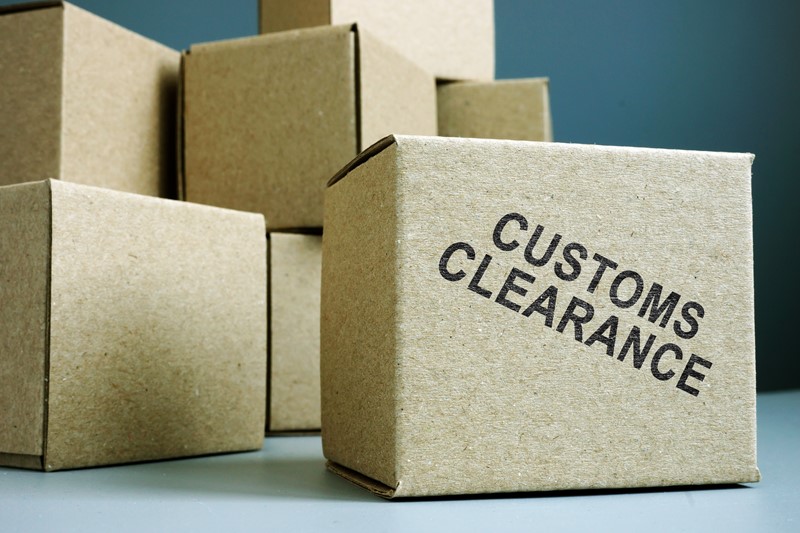There are special rules to help ensure that goods sent from abroad are taxed appropriately and to ensure that UK businesses supplying goods in the UK, for example by having to compete with VAT free imports, are not disadvantaged. This includes goods that are new or used and bought online, bought abroad, and shipped to the UK and goods received as gifts.
This means that in order to receive your goods you may have to pay VAT, Customs Duty or Excise Duty if they were sent to:
- Great Britain (England, Wales and Scotland) from outside the UK
- Northern Ireland from countries outside the UK and the European Union (EU)
VAT is charged on all goods (except for gifts worth £39 or less) sent from:
- outside the UK to Great Britain
- outside the UK and the EU to Northern Ireland
Online marketplaces that are involved in facilitating the sale of goods are usually responsible for collecting and accounting for the VAT. If the VAT has not been collected, then you will have to pay VAT to the delivery company either before the goods are delivered or when you collect them. If you have to pay VAT to the delivery company, it’s charged on the total package value which includes the value of the goods, postage, packing, insurance and any duty owed.
As a general rule, there is no Customs Duty payable on non-excise goods worth £135 or less. There are various rates payable above this level and on excise goods of any value.












